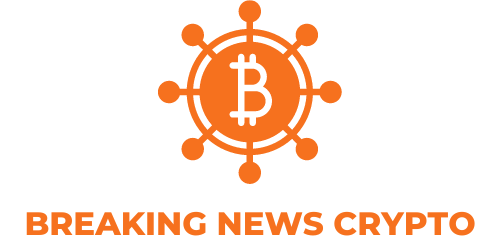Solana is a blockchain platform that aims to provide high-performance and scalability for decentralized applications and protocols. It utilizes a unique consensus algorithm called “Proof of Stake Time” (PoST) that allows it to process up to 65,000 transactions per second. The Solana blockchain also includes several other features and protocols, such as a decentralized random number generator, a token standard for creating and managing digital assets, and a decentralized exchange protocol.
One of the main goals of Solana is to enable the development of decentralized applications (dApps) that can handle a large number of users and transactions, something that many current blockchain platforms struggle with. The project is relatively young, created in 2017 by Solana Labs, a blockchain technology company based in California. The project has attracted attention, and it has partnerships with some big companies and projects, like Serum, Chainlink, Serum, and Alameda research.
Solana blockchain is its high-performance consensus algorithm, called “Proof of Stake Time” (PoST). PoST is a variation of the traditional proof-of-stake (PoS) consensus mechanism, in which validators are chosen to create new blocks and validate transactions based on the amount of tokens they hold and “stake” as collateral. In PoST, the validators are chosen based on the relative time that they have staked their tokens. This allows the network to process a large number of transactions very quickly, as the validators do not need to perform complex cryptographic computations to create new blocks.
Another important feature of the Solana blockchain is its “Turbine” protocol, which is designed to handle a large number of transactions per second by breaking them into smaller “gossip” packets that can be propagated throughout the network quickly. This allows Solana to process a large number of transactions simultaneously, rather than waiting for each one to be processed sequentially.
Solana also has a built-in decentralized exchange protocol, called the Solana DEX, which allows users to trade tokens on the Solana blockchain without the need for a centralized intermediary. It also uses a token standard called the SOL token, which is the native cryptocurrency of the Solana network and is used to pay for transaction fees and other network-related costs.
As for the partnerships, Solana has partnered with some big companies and projects to leverage the power of the blockchain in several industries. Alameda research, Chainlink, and Serum are among the known projects that are built on Solana blockchain.
It’s important to note that the technology is still in development and the performance, scalability and security of Solana blockchain is yet to be proven in the long term, it is not widely adopted and still considered a high risk/high reward option. As always, it’s important to conduct your own research and consult with a financial advisor before making any investment decisions.

